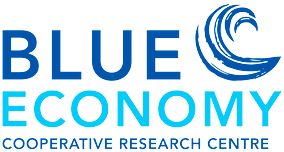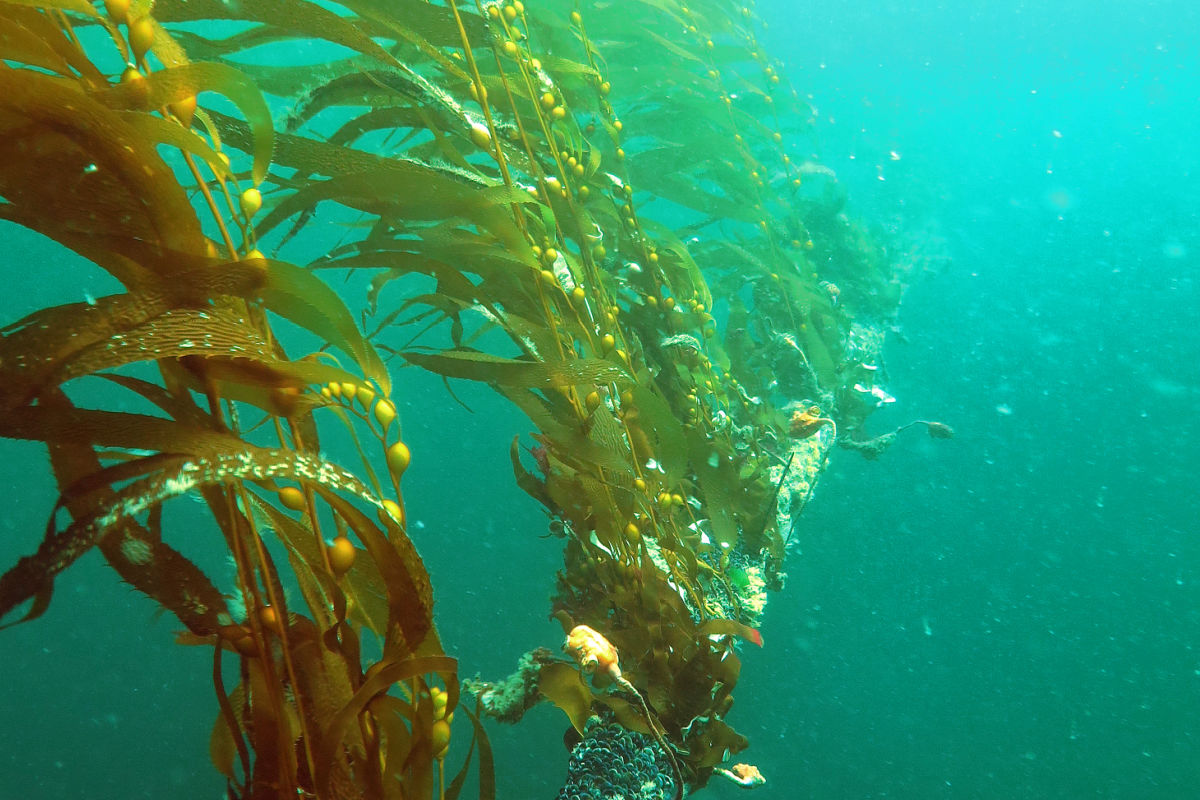Webinar: Unlocking the Blue Economy: is Seaweed One of the Keys?
21st July at 3pm – 5pm (AEST)
Worldwide, seaweed cultivation and utilisation are multi-billion dollar industries, yet Australasia plays little role in either.
This is set to change, with growing interest in using our coastal and offshore waters to produce seaweeds that will not only provide high-value products for global markets, but will help mitigate human carbon emissions both directly through products that lower methane emissions and indirectly through long term carbon sequestration.
This Blue Economy CRC webinar will feature four experts who will talk directly to the utility of seaweed farming and how this fits with the goals and milestones of the Blue Economy CRC.
Presenters:
- Dr. Brian von Herzen (Climate Foundation)
- Dr Sunny Sanderson (Kelp Blue)
- Prof Craig Johnson (UTAS)
- Dr. Tomas Remenyi (Southern Ocean Carbon Company)
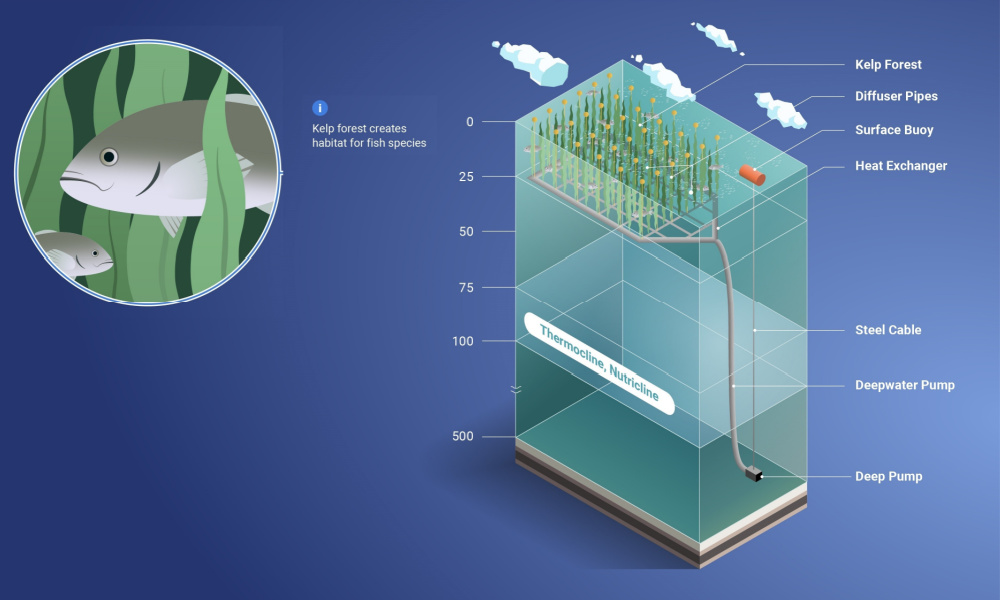
Image courtesy of Brian von Herzen
Presenters
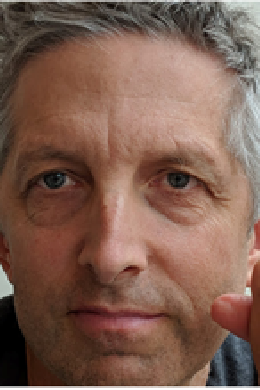 Name: Dr. Brian von Herzen
Name: Dr. Brian von Herzen
Affiliation: Executive Director, Climate Foundation
Bio: Brian directs technical projects worldwide that can transform the way we connect to Marine environments. Electronic system engineering and development with substantial expertise in digital video technologies, computer graphics, high-performance computing, image processing, digital signal processing, telecommunications equipment and data communications technologies. Expert witness on multiple Fortune 500 patent cases. Specialties: electronic product design, FPGA design, digital video processing, video compression, intellectual property development, expert witness in electronics, data communications and telecommunications expertise, computer graphics, supercomputing and image processing.
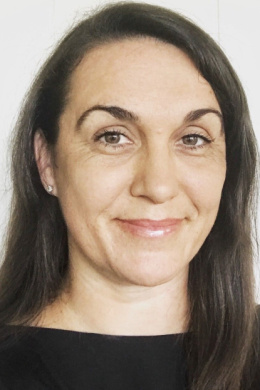 Name: Dr Sunny Sanderson
Name: Dr Sunny Sanderson
Affiliation: Director of Environmental & Social Sustainability, Kelp Blue
Bio: Sunny has a Doctorate in political ecology and human geography, and a Research Master’s in biology. Past projects range from studying zoonotic malaria transmission and agricultural land use in Indonesia, the livelihood impacts of African Swine Fever in the Philippines and Timor-Leste, orangutan & gibbon ecology in Borneo, to investigating the impacts of large-scale oil palm development on rural livelihoods in Malaysia.
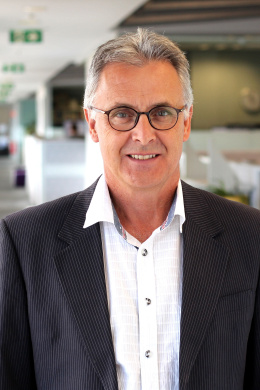 Name: Prof Craig Johnson
Name: Prof Craig Johnson
Affiliation: Executive Director, Innovation and Enterprise, University of Tasmania
Bio: As of 2020, Professor Craig Johnson is the inaugural Executive Director of Innovation & Enterprise at UTAS. For 10 years prior to that he was Head of the Ecology & Biodiversity Centre, and Associate Director, at IMAS. His research is broadly on the space-time dynamics of marine ecosystems, and predicting the distribution of seafloor biodiversity at continental scales. He has worked on kelps for 40 years, with current work focused on restoration of kelp beds and development of commercial kelp industries. His research is published in ~200 peer-reviewed publications including several edited books, and his work has been cited over 12,000 times (H-Index 59).
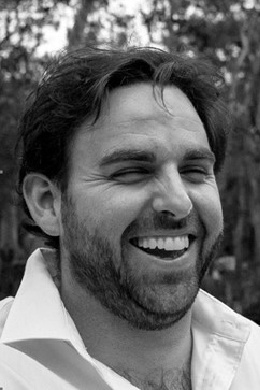 Name: Dr. Tomas Remenyi
Name: Dr. Tomas Remenyi
Affiliation: Director of Research @Southern Ocean Carbon Company, UTAS
Bio: Dr Tom Remenyi’s early research career started in open ocean deployments of deep seas moorings, studying the biogeochemistry of the ocean, including marine palaeontology, sedimentation rates, nutrient and trace nutrient concentrations and primary productivity. This work contributed to scientific knowledge of how the southern ocean contributes and influences the earth’s carbon cycle. Following this, Tom has spent almost a decade as a climate impacts researcher, most recently building and leading a team specialised in the quantifying the natural and social impacts that will occur if humans cannot reduce the concentration of greenhouse gases in the earth’s atmosphere. Since 2019, seeing that not enough real world carbon sequestration solutions were being developed Tom has redirected his efforts, skills and experience into developing a meaningful, scalable carbon sequestration solution that can provide quantifiable results. This solution is growing seaweed in the open ocean.
Facilitator
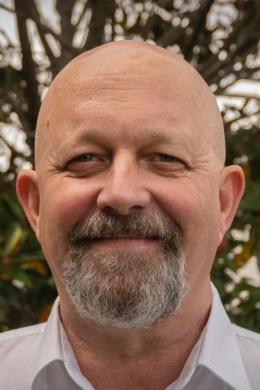 Name: Professor Lindsey White
Name: Professor Lindsey White
Affiliation: Associate Dean – Research and Enterprise, Auckland University of Technology
Bio: Professor Lindsey White is currently on the Science Executive of the Blue Economy CRC and Deputy Lead of the Seafood and Marine Products Research Program. Professor White continues to teach, supervise and research within the School of Science at AUT. Professor White’s main research interest has always been seaweeds. Much of his research has focused on seaweed utilisation, both by humans and by marine herbivores. He currently have several projects on the use of Undaria pinnatifida (an invasive seaweed) in New Zealand from both the wild harvest and aquaculture angles. More recently he has moved into the fisheries space, and have several projects which are aiming to sustainably enhance the fisheries of both New Zealand surf clams and geoduc.
Giant kelp image courtesy of Dr Cayne Layton.
Selected giant kelp lines growing adjacent to Huon Aquaculture fish pens in Storm Bay, Tasmania. These kelps were out-planted as microscopic sporophytes 12 months earlier.
